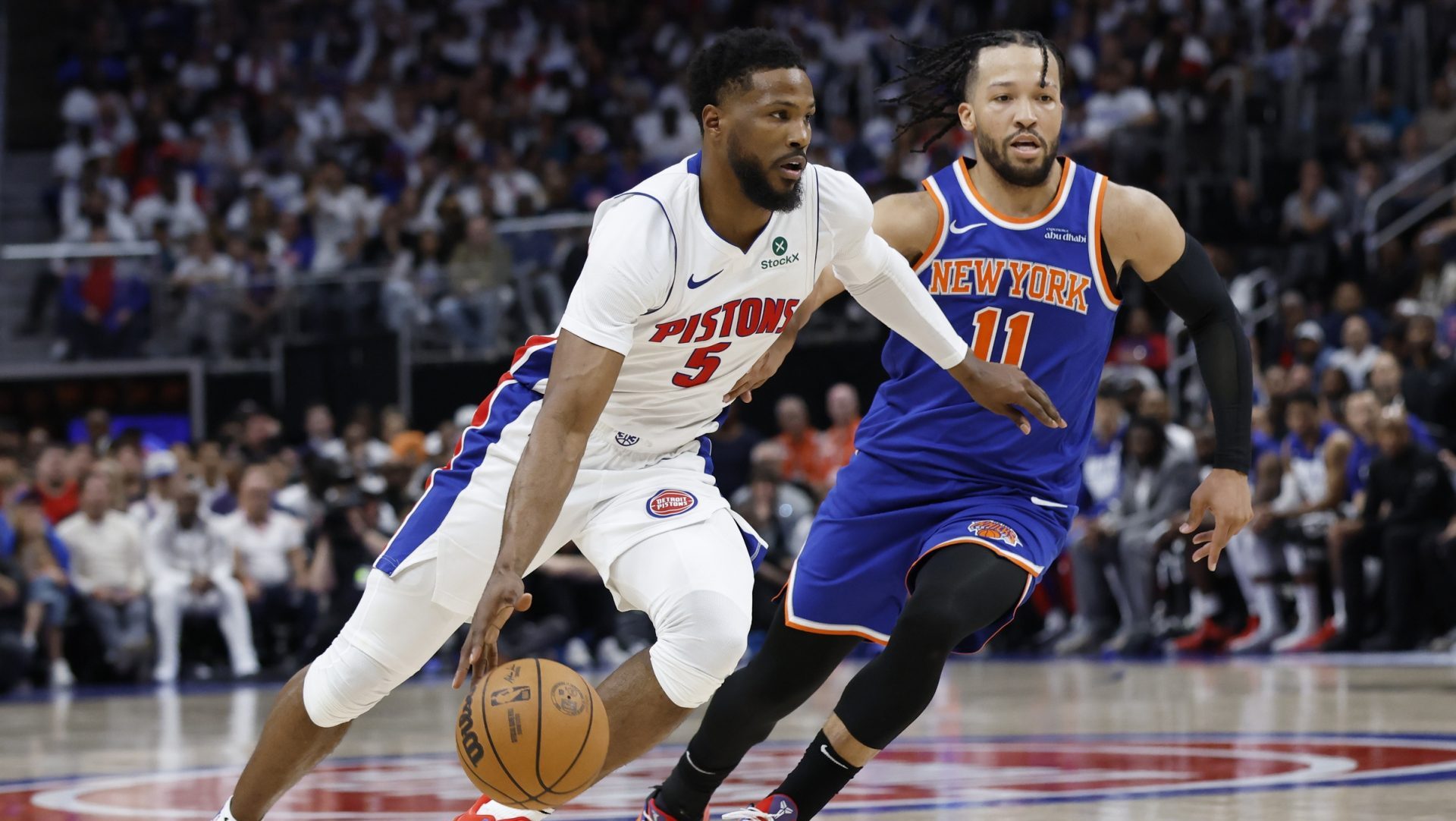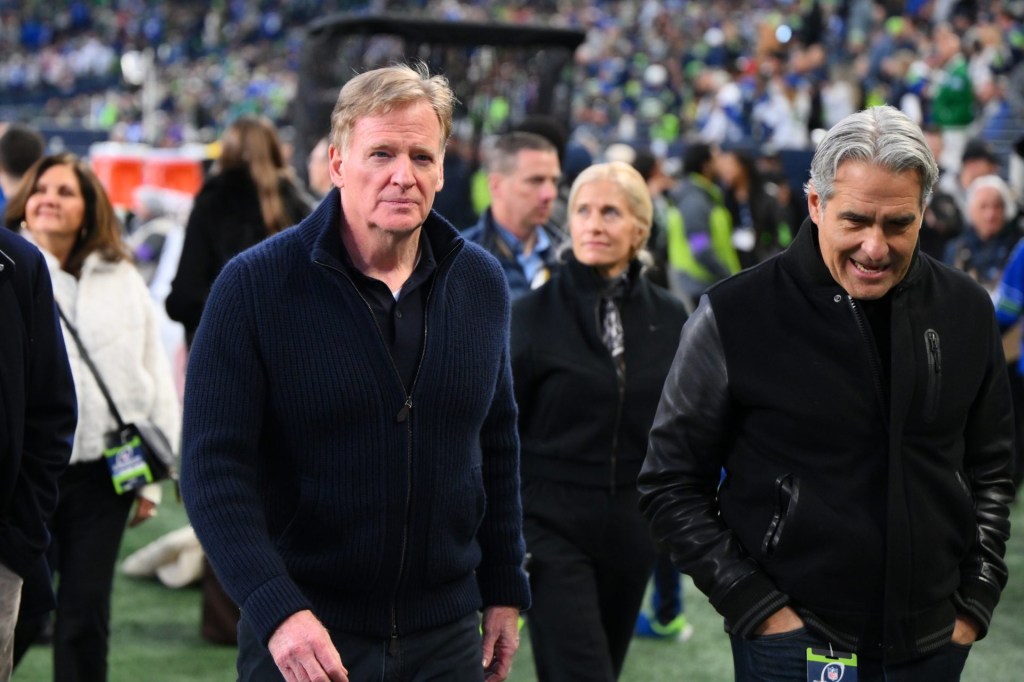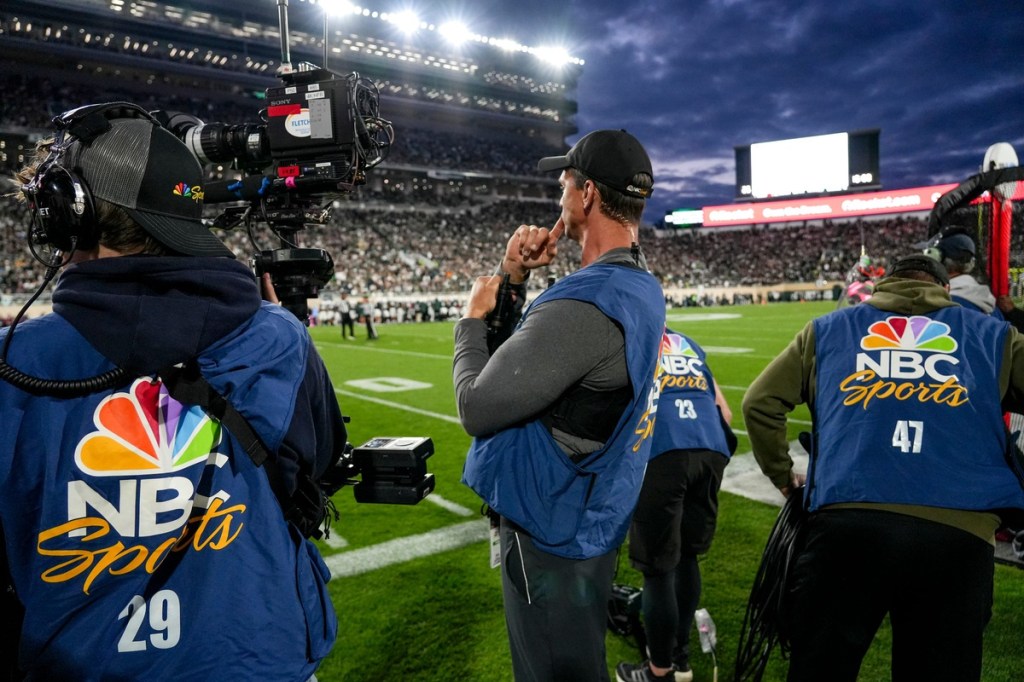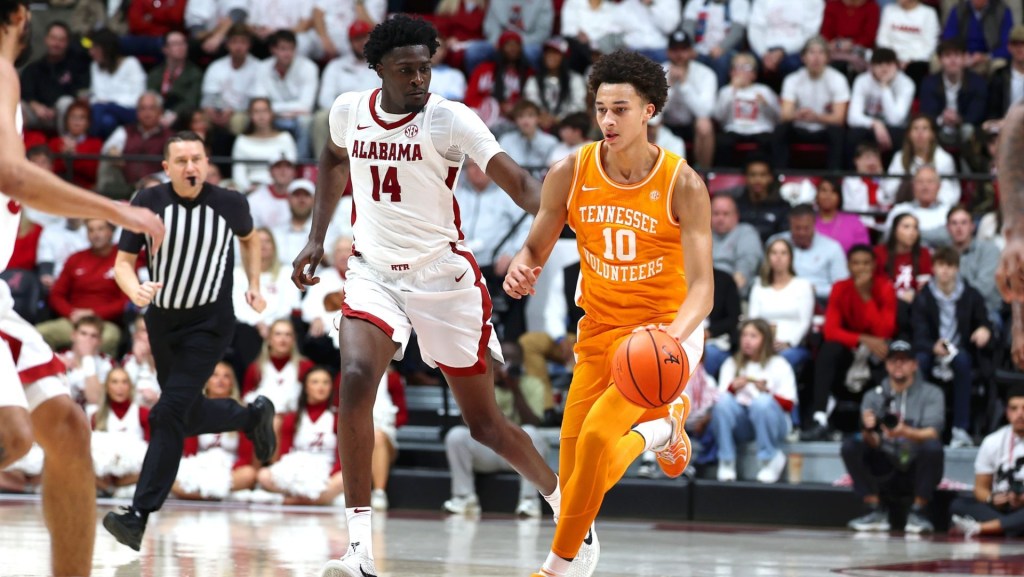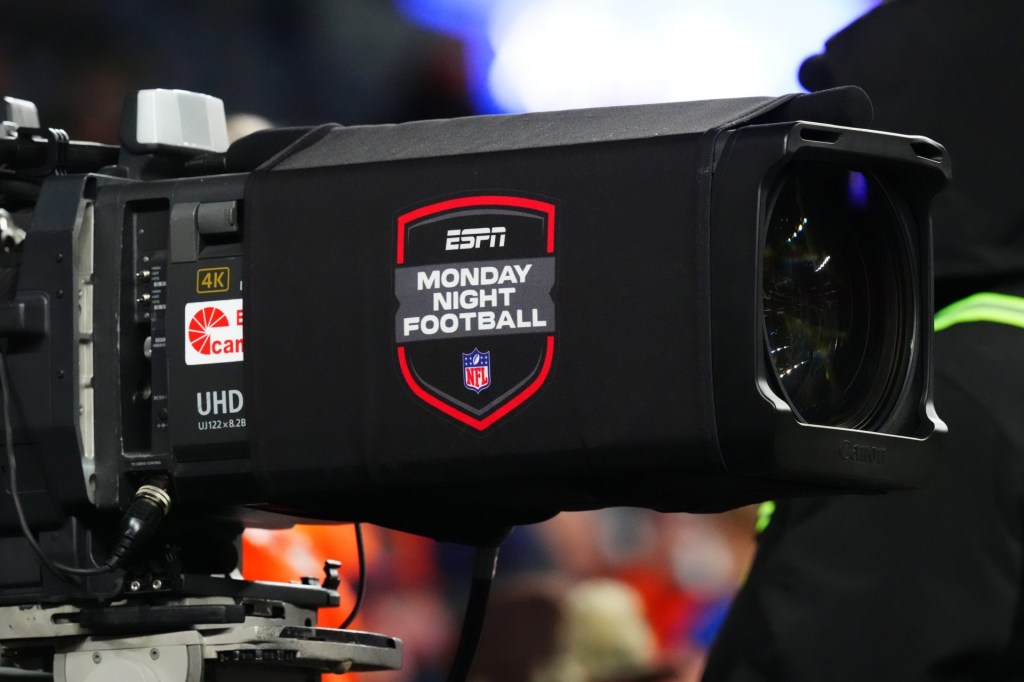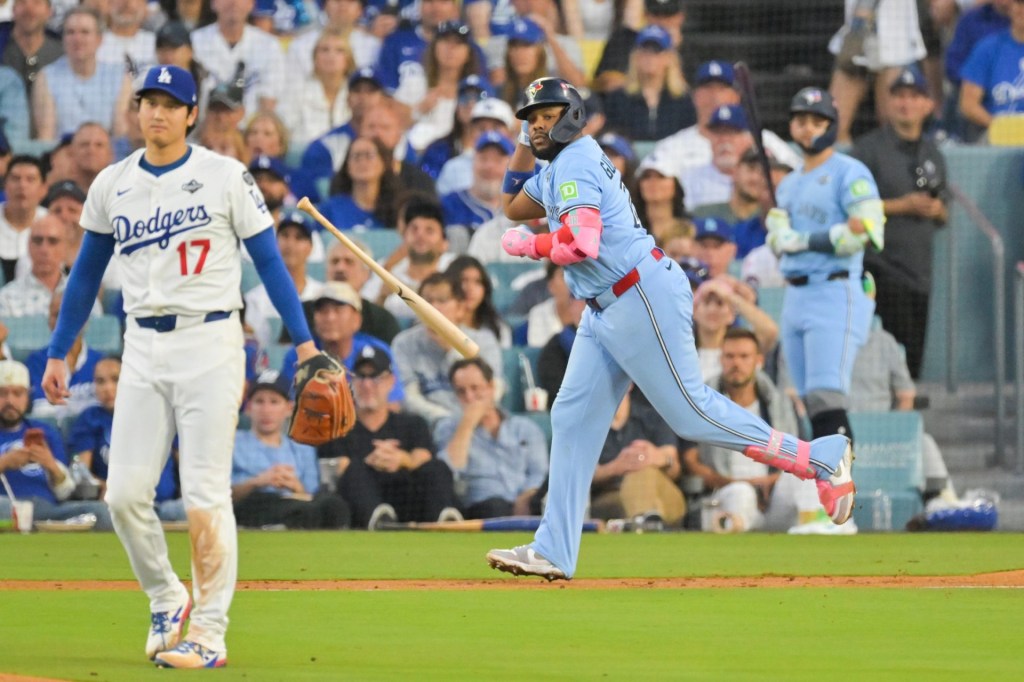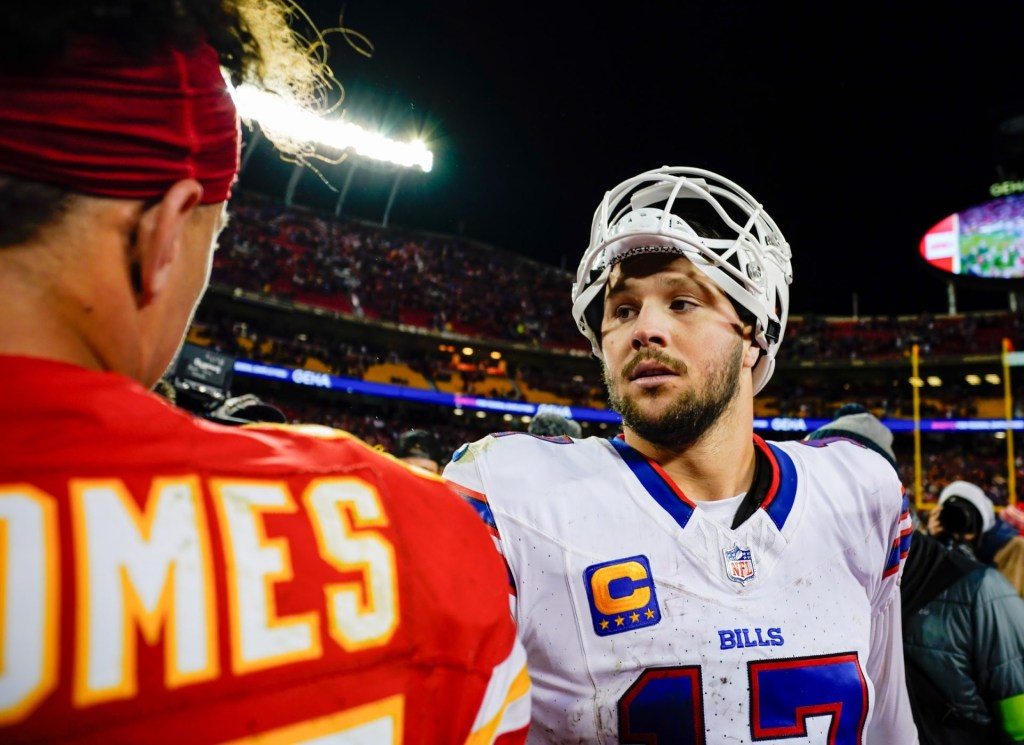Adam Silver has led a league plagued by gambling scandals over the past two years.
In April 2024, he banned Raptors forward Jontay Porter for life after an investigation found he bet on NBA games, including Raptors games and gave private injury information to sports gamblers.
In January, it was reported Heat guard Terry Rozier was under federal investigation for a gambling probe tied to Porter’s. In June, free agent guard Malik Beasley also came under federal investigation, though neither has been accused of wrongdoing. The NBA is investigating Beasley. Both players are accused of point-shaving after irregular gambling activity was found by betting watchdogs for individual games of both players in recent seasons.
Silver, the NBA commissioner, was one of the first major proponents of legalized sports betting. In a 2014 op-ed in The New York Times, he advocated for the overturning of the Professional and Amateur Sports Protection Act of 1992 nine months after replacing his predecessor David Stern. The Supreme Court overturned PASPA in 2018, which cleared the way for states to legalize sports betting.
The problems the NBA and other leagues are facing now were in some ways foreseeable, Silver says.
“The issues have been predictable,” Silver said at the Front Office Sports Tuned In summit in New York on Tuesday. He recalled his public stance back before PASPA, the federal ban on sports betting, was struck down in 2018: “I thought PASPA should be replaced with a legalized federal framework, consistency from state to state, in partnership with the sports leagues so that we protect the integrity of our brand.”
That did not happen. The overturning of PASPA left it up to the states to make their own sports gambling laws without the involvement of professional sports leagues.
“At times I feel like we’re operating with one hand tied behind our back because of the regulatory structure right now,” he said.
Silver has been outspoken about the danger of some of the kinds of bets offered to gamblers, including prop bets, which are wagers on a specific outcome in a game unrelated to the final score. In August, the NBA and players association said it supports placing limitations on these types of bets, which increase the risk of athletes manipulating their game performance. Some sportsbooks eliminated the ability to place prop bets on two-way players in light of Porter’s ban. But Silver still thinks the current system is better than the old one.
“The comparison can’t be legalized sports betting to no betting,” Silver said. “It’s legalized sports betting to illegal sports betting, which was a huge, as I wrote in that op-ed piece in 2014, a huge multi-hundred-billion-dollar industry at the time… And so then the question becomes, if people are determined to bet on sports, would you rather have a transparent regulated framework or an underground illegal one?”
